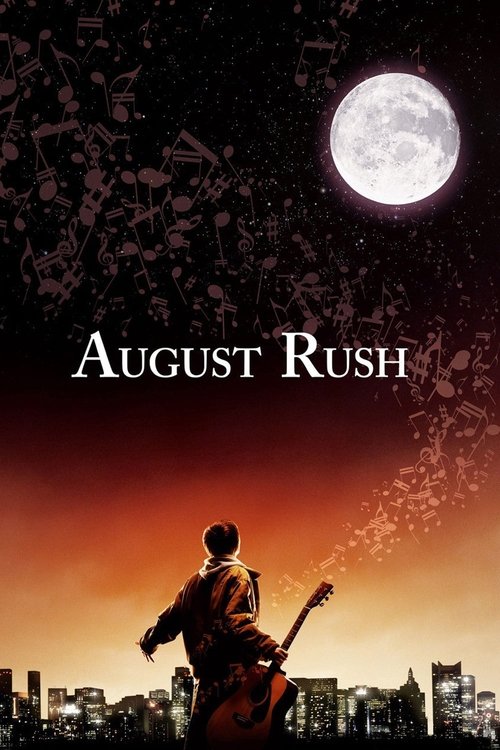
Title: August Rush
Year: 2007
Director: Kirsten Sheridan
Writer: James V. Hart
Cast: Freddie Highmore (August Rush), Keri Russell (Lyla Novacek), Jonathan Rhys Meyers (Louis Connelly), Terrence Howard (Richard Jeffries), Robin Williams (Maxwell "Wizard" Wallace),
Runtime: 114 min.
Synopsis: Lyla and Louis, a singer and a musician, fall in love, but are soon compelled to separate. Lyla is forced to give up her newborn but unknown to her, he grows up to become a musical genius.
Rating: 7.414/10